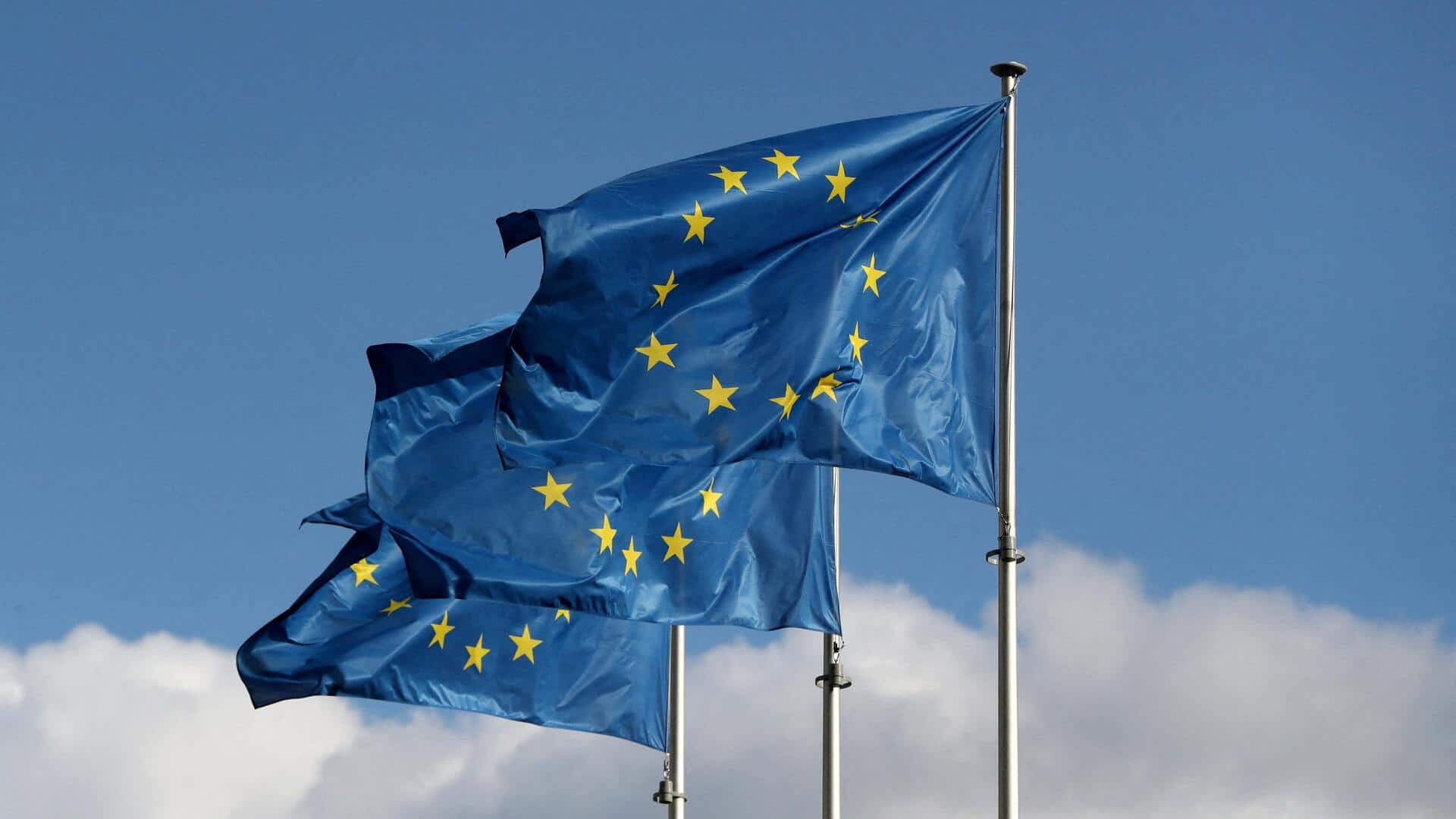
You can buy phone location data of top EU leaders
What's the story
A recent investigation by European journalists has revealed that it is alarmingly easy to track high-ranking European Union (EU) officials, using commercially acquired location histories from data brokers. This comes as a shock, considering the continent is known for having some of the strictest data protection laws globally. The report was published by Netzpolitik and highlights major concerns over the trade of mobile phone location data.
Data trade
Dataset obtained from a data broker
The dataset was obtained as a free sample from a data broker and contained 278 million location data points from the phones of millions of people around Belgium. The information is mostly collected by regular apps installed on people's phones, which is then sold to data brokers. These brokers further sell this information to governments and militaries, raising serious privacy concerns.
Security breach
Reporters identified devices of EU officials
The dataset also contained detailed location histories of Europe's top officials, including those working for the European Commission in Brussels. The reporters were able to identify hundreds of devices belonging to people working in sensitive areas across the EU. This included 2,000 location markers from 264 officials' devices and around 5,800 markers from over 750 devices in the European Parliament.
Regulatory challenges
Data brokering a billion-dollar industry
Despite Europe's stringent data protection laws under the General Data Protection Regulation (GDPR), there has been a lack of strong enforcement action against data brokers. The practice of data brokering has grown into a billion-dollar industry, dealing with the sale and trade of people's location data and other private information. This raises questions about the effectiveness of existing regulations in curbing such practices.
User protection
How to protect personal data?
To combat some of this location tracking, Apple customers can anonymize their device identifiers, while Android owners can regularly reset their device's identifier. These steps are recommended to protect personal data from being accessed by data brokers. However, these measures do not completely eliminate the risk of location data being collected and sold without consent.